Keywords: Election
There are more than 24 results, only the first 24 are displayed here.
Become a subscriber for more search results.
-

AUSTRALIA
- Cherie Gilmour
- 09 May 2025
As young men gravitate toward the manosphere, driven by alienation and grievance, society too often responds with silence or scorn. But if we don’t want boys shaped by bitterness and bravado, we must ask: what kind of men do we hope they’ll become, and who is offering them a path to get there?
READ MORE 
-

ARTS AND CULTURE
Hamish McDonald’s Melanesia shatters Australia’s complacent view of the South Pacific as static and remote. With journalistic precision and historical urgency, he reveals a region marked by corruption, resilience, and political upheaval—forces poised to reshape Australia’s future, whether it’s prepared or not.
READ MORE 
-

AUSTRALIA
The 2025 election marked a pause in Australia’s political life. As old policy narratives falter, we have an opportunity to ask ourselves: what kind of society are we trying to build? Across faiths and traditions, the idea of the common good offers a path forward beyond division and drift.
READ MORE
-
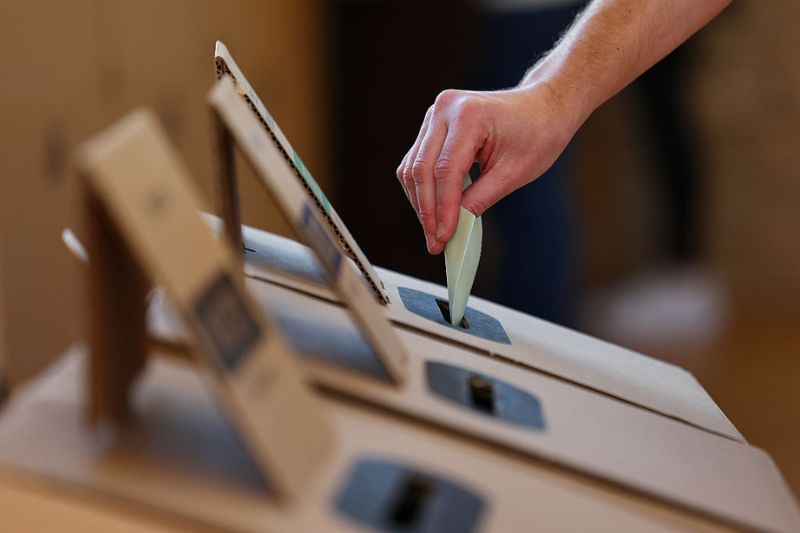
AUSTRALIA
- Max Jeganathan
- 07 May 2025
In the wake of an unexpectedly decisive election, Australians rejected grievance politics from both right and left. What emerged instead was a quiet preference for stability, civility, and competence: qualities that don’t often headline campaigns, but this time shaped the outcome. In 2025, trumpery just didn’t cut it.
READ MORE
-

INTERNATIONAL
- Binoy Kampmark
- 07 May 2025
Trump’s tariff-led reshaping of global trade is weakening the US dollar’s long-standing dominance. As central banks diversify away from US assets, what was once called an “exorbitant privilege” is beginning to look more like a burden — one shaped as much by petulant politics as economic mismanagement.
READ MORE
-
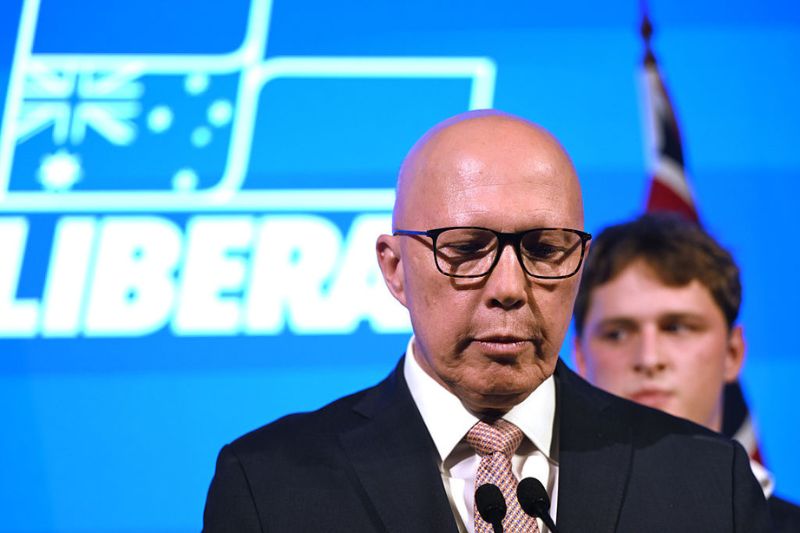
AUSTRALIA
- Andrew Hamilton
- 07 May 2025
In an election full of surprises, the most revealing were not electoral upsets but glimpses of unexpected humanity. Peter Dutton’s gracious concession contrasts with his public record, and urges a politics where words don’t wound, and dignity is not reserved for private life alone.
READ MORE
-
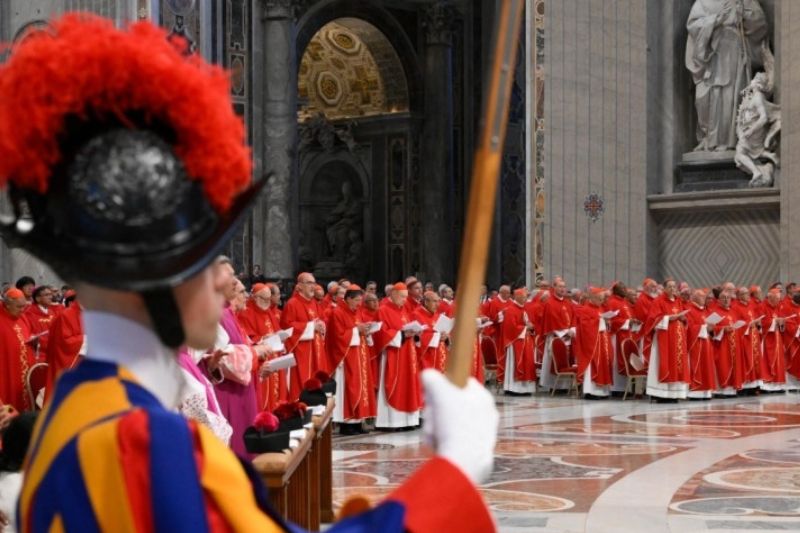
RELIGION
- John Warhurst
- 05 May 2025
As the cardinals prepare to elect a new pope, the centuries-old conclave process proceeds with solemnity and speed. But beneath the tradition lies the question of whether a closed, clerical system still reflects the needs of a diverse, divided, and global Church.
READ MORE
-

AUSTRALIA
While much of the world drifts toward political extremes, Australia did something quietly radical: it chose the centre. In a night of subdued triumphs and unexpected grace, it was a reminder that democracy’s strength may still lie in its capacity for moderation, mercy, and surprise.
READ MORE 
-
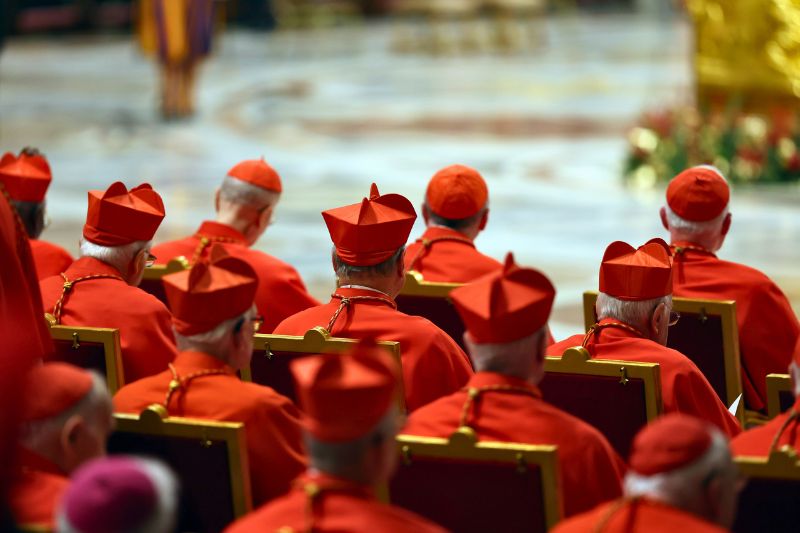
RELIGION
- Miles Pattenden
- 01 May 2025
As cardinals gather in Rome, they must confront declining trust, shifting global power, financial scandals, and unresolved doctrinal divides within the Church. More than a choice of leader, this moment is a reckoning with modernity and the future direction of the Church itself.
READ MORE
-
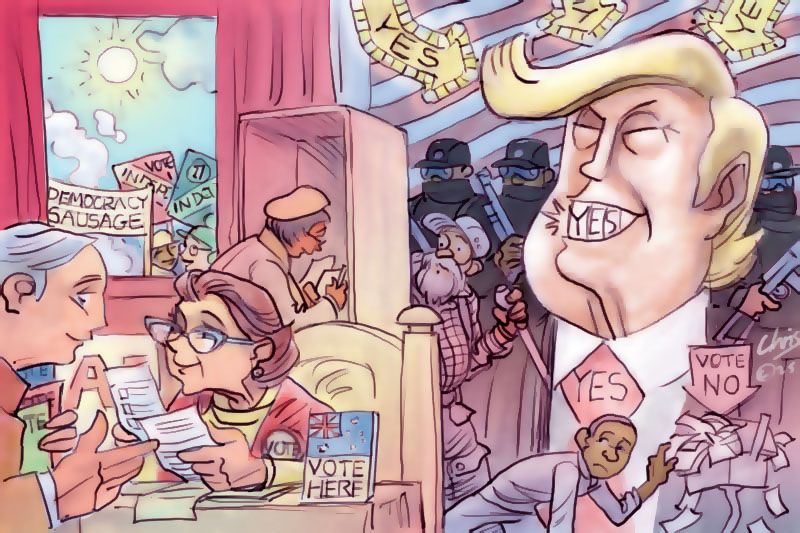
AUSTRALIA
- Jim McDermott
- 01 May 2025
From across the Pacific, Australia’s election looks refreshingly sane: debates over fuel taxes and modest wage hikes. But the surface calm belies deeper frustrations: housing scarcity, voter disillusionment, political evasion. But for an American watching from a fractured homeland, the question is how long that difference can hold.
READ MORE
-
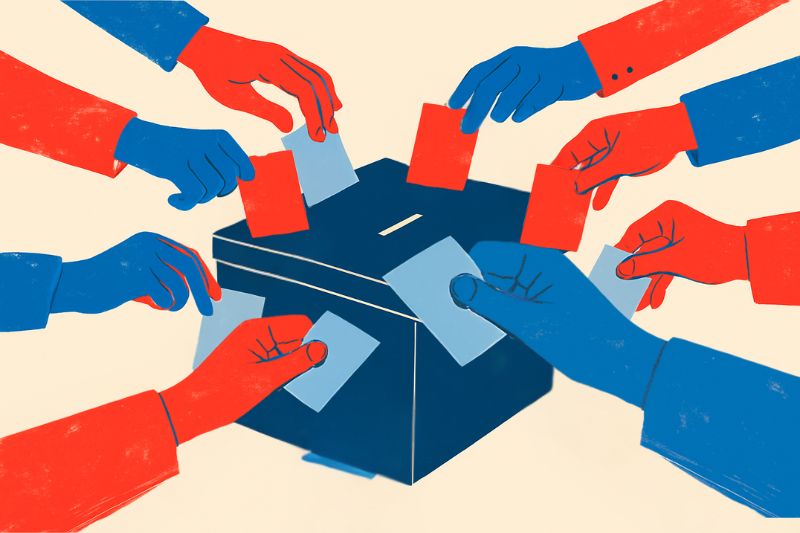
RELIGION
- Andrew Hamilton
- 01 May 2025
Three elections, three systems, one shared question: what kind of person should lead? As voters and cardinals choose their next leaders, attention turns from policy to personality — to character, courage, and conviction. In an age of division, the qualities that guide a life may yet decide the fate of nations.
READ MORE
-
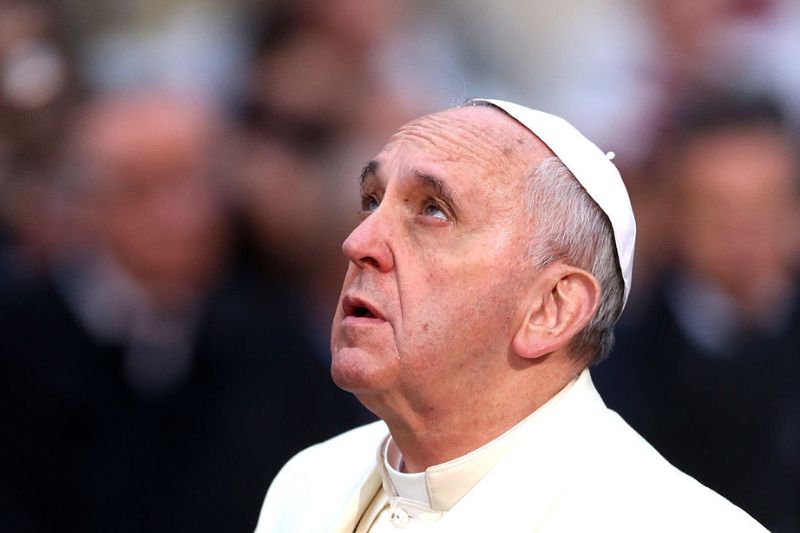
RELIGION
- Michael McVeigh
- 30 April 2025
Pope Francis’ pontificate was marked not by triumph but by a humble reckoning with failure. In a Church marked by scandal, division, and decline, he didn’t reverse the tide but pointed to another measure of faithfulness: mercy over mastery, presence over power, and the courage to fail, not downward, but upward.
READ MORE